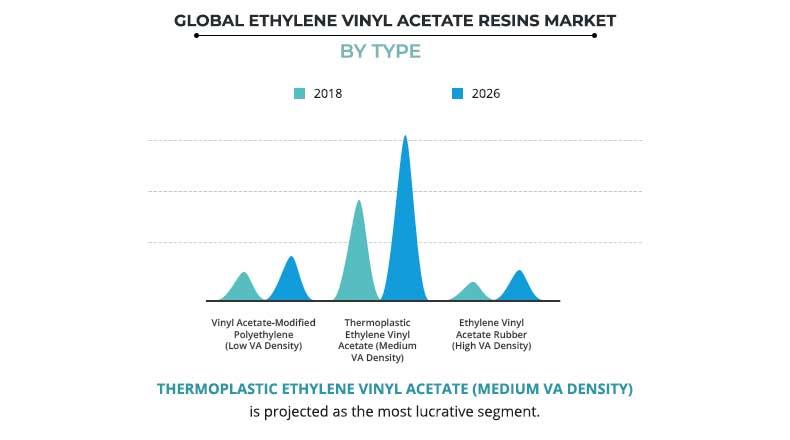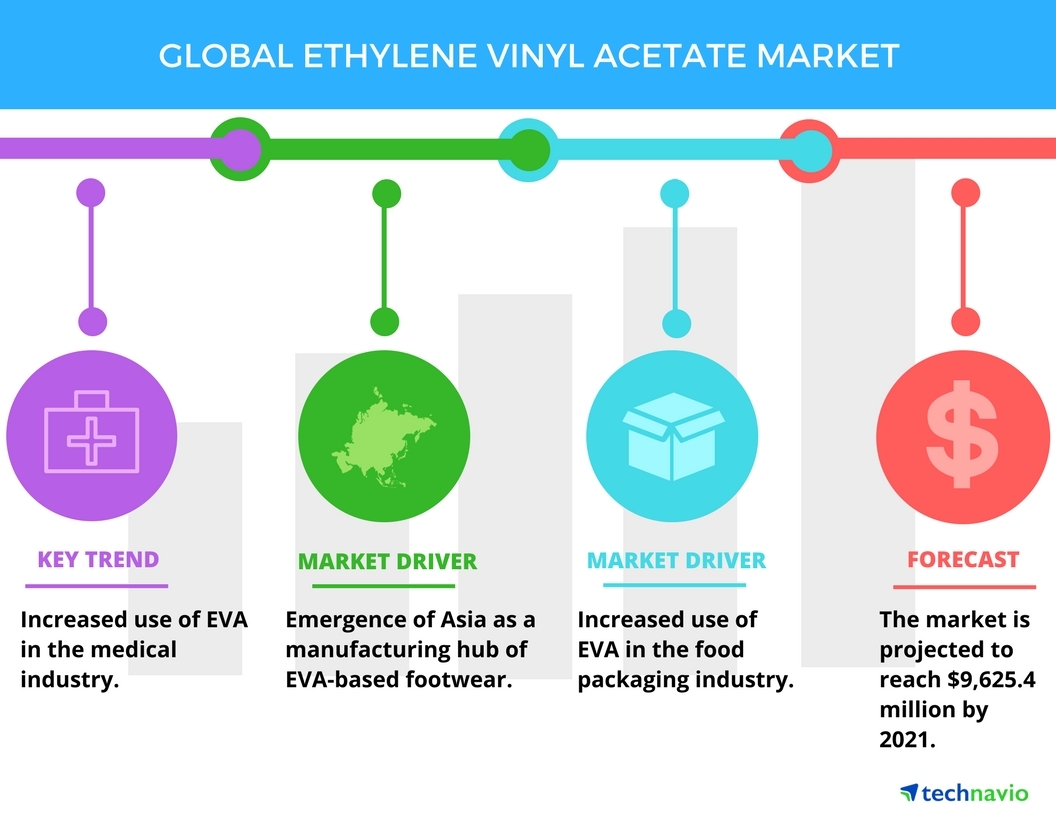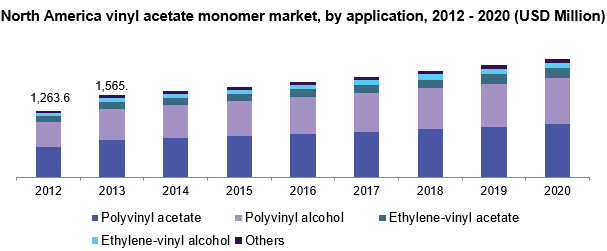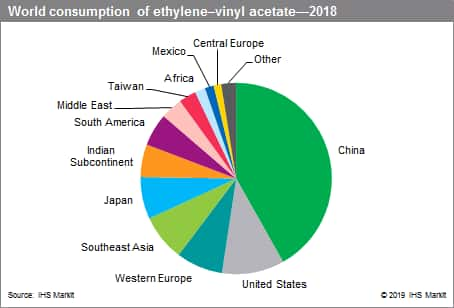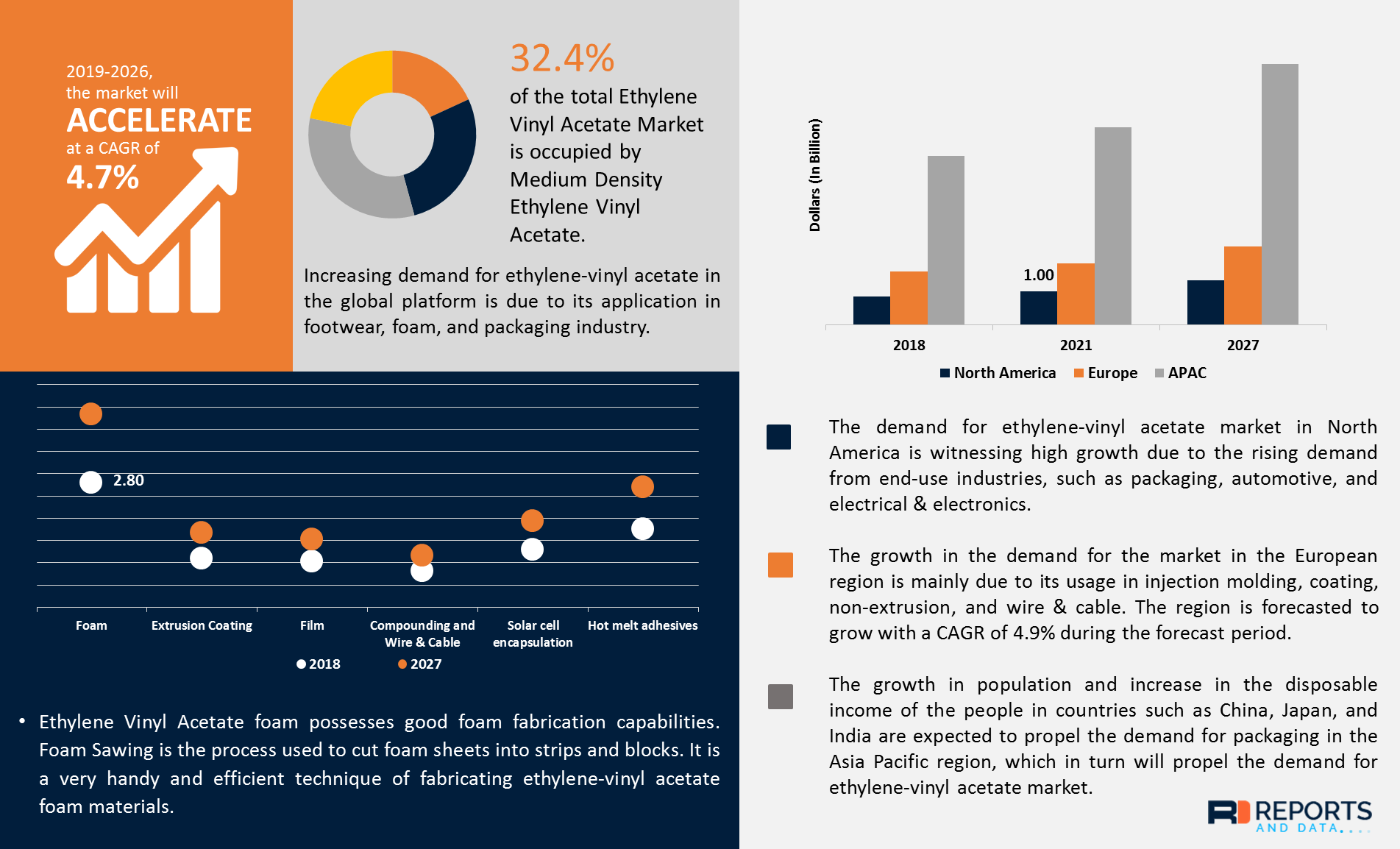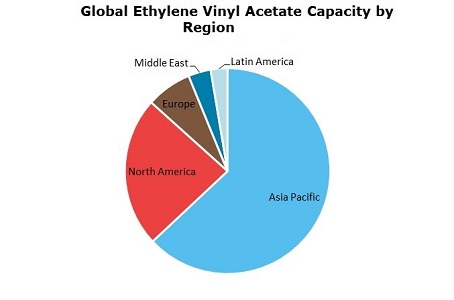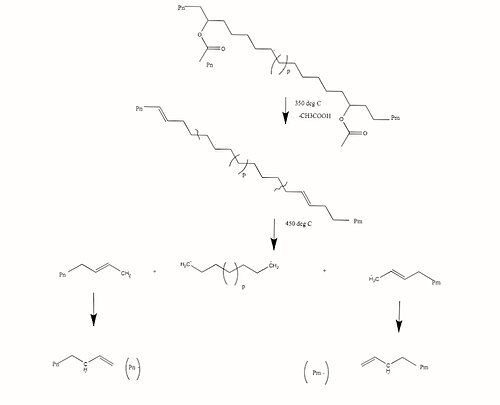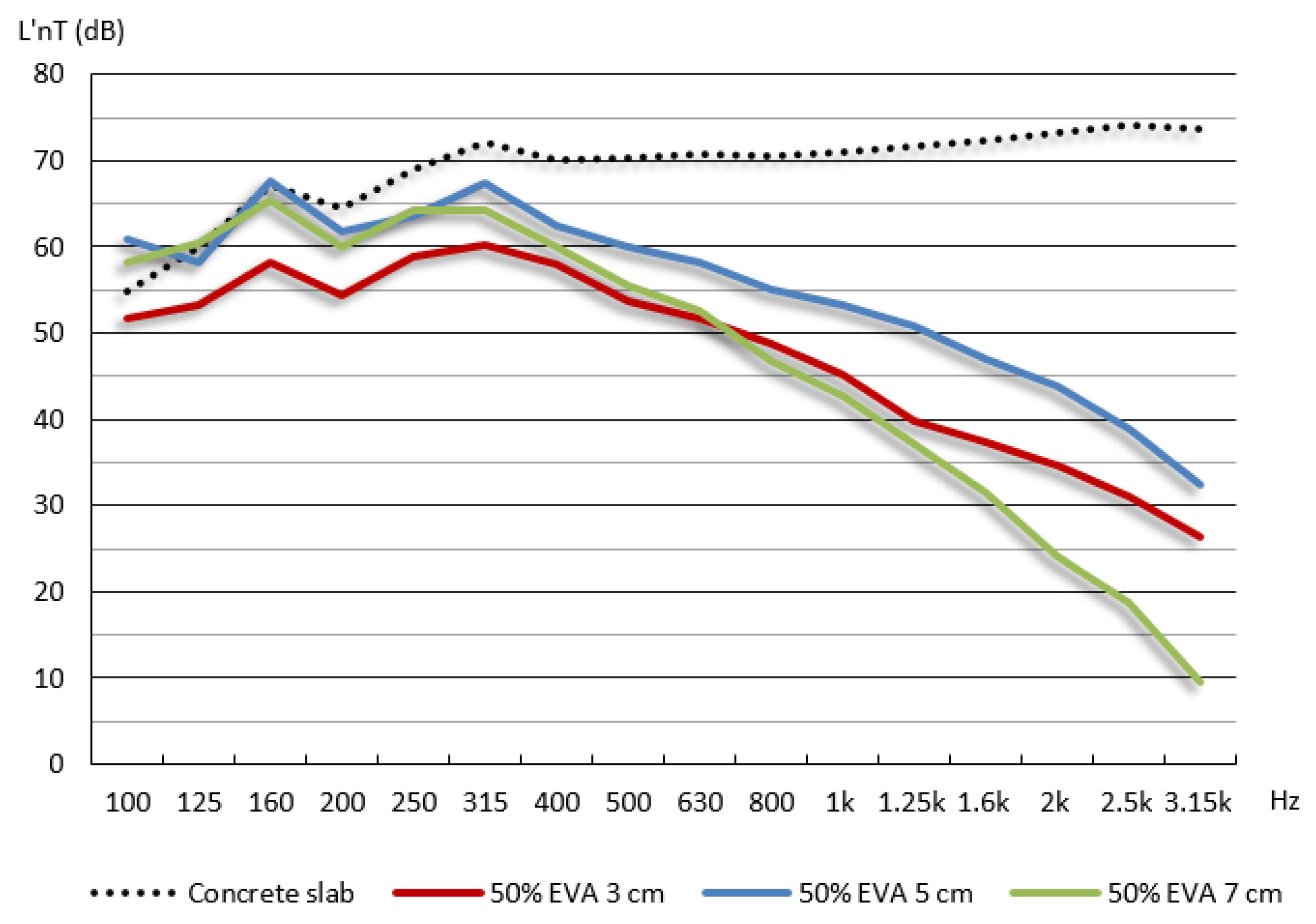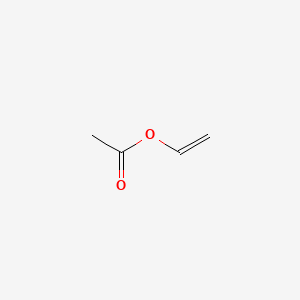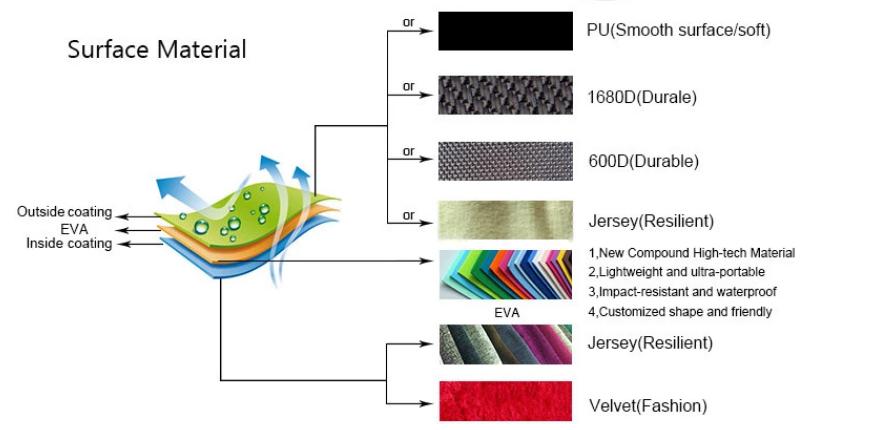Ethylene Vinyl Acetate Environmental Impact

Ethylene vinyl acetate is a type of plastic a polymer with a wide variety of uses both residential and industrial.
Ethylene vinyl acetate environmental impact. It shows good chemical resistance. There are three different types of eva copolymer which differ in the vinyl acetate va content and the way the materials are used. Eva shows good barrier and stretch properties. Biodegradable ethylene vinyl acetate eva plastic is the copolymer of ethylene and vinyl acetate polymers.
Eva is flexible has good clarity and is resistant to ultraviolet radiation. The food and drug administration fda has stated that ethylene vinyl acetate is safe when used in food production packaging or transportation and it s not an especially dangerous material. It readily evaporates into air and dissolves easily in water. You can easily smell vinyl acetate when it is in the air at levels around 0 5 ppm half a part of vinyl acetate in 1 million parts of air.
Added during the manufacturing process ecopure enhances the biodegradability of eva plastics and shortens the time plastics that have been disposed of. Eva is used in several applications thanks to the varied properties it possesses. The rationales which directly or indirectly impact the ethylene vinyl acetate industry are exemplified through parameters such as growth drivers restraints challenges and opportunities among. Ethylene vinyl acetate eva copolymers are random linear copolymers produced by the copolymerization of ethylene and vinyl acetate va either in a high temperature and high pressure free radical process or for high vinyl acetate materials in emulsion.
It has a sweet pleasant fruity smell but the odor may be sharp and irritating to some people. Although the synthetic polymer is a useful material for the athletic shoe industry it has become an environmental concern because of its poor biodegradability. Ethylene vinyl acetate eva also known as poly ethylene vinyl acetate peva is the copolymer of ethylene and vinyl acetate the weight percent of vinyl acetate usually varies from 10 to 40 with the remainder being ethylene. Vinyl acetate is a clear colorless liquid.
Eva is a polyolefin copolymer of ethylene and vinyl acetate that provides durability and flexibility making it the most commonly used material found in athletic shoe midsoles.
